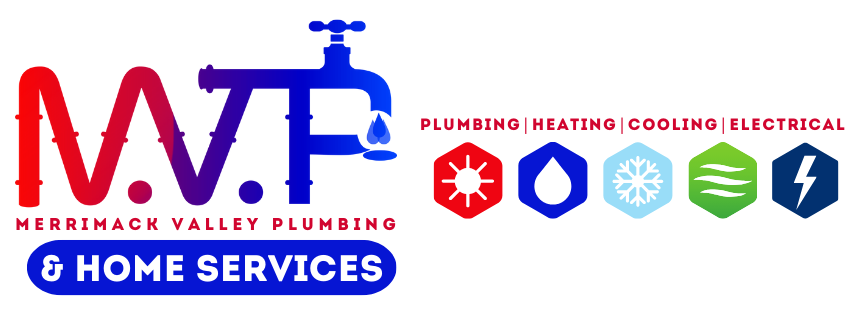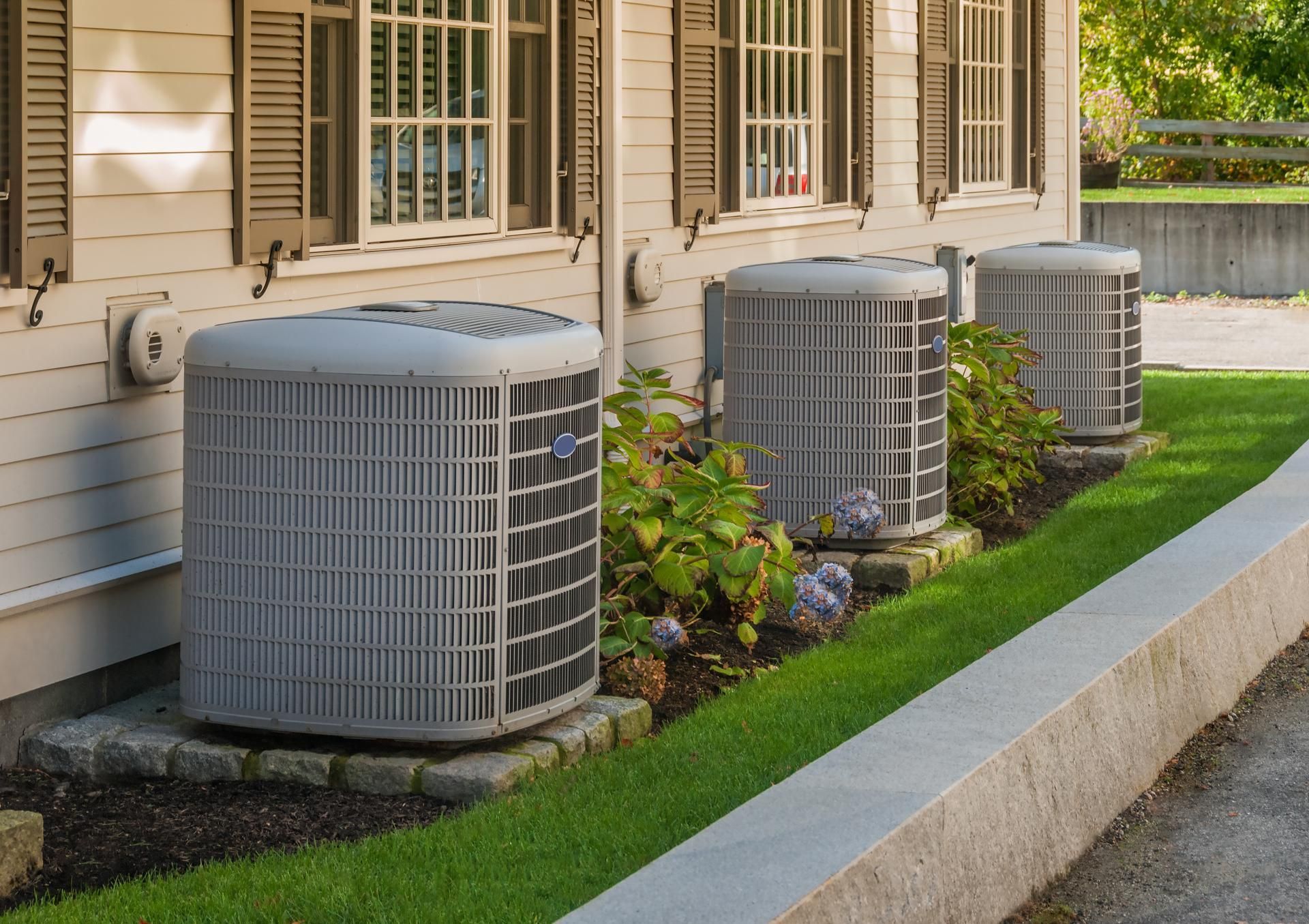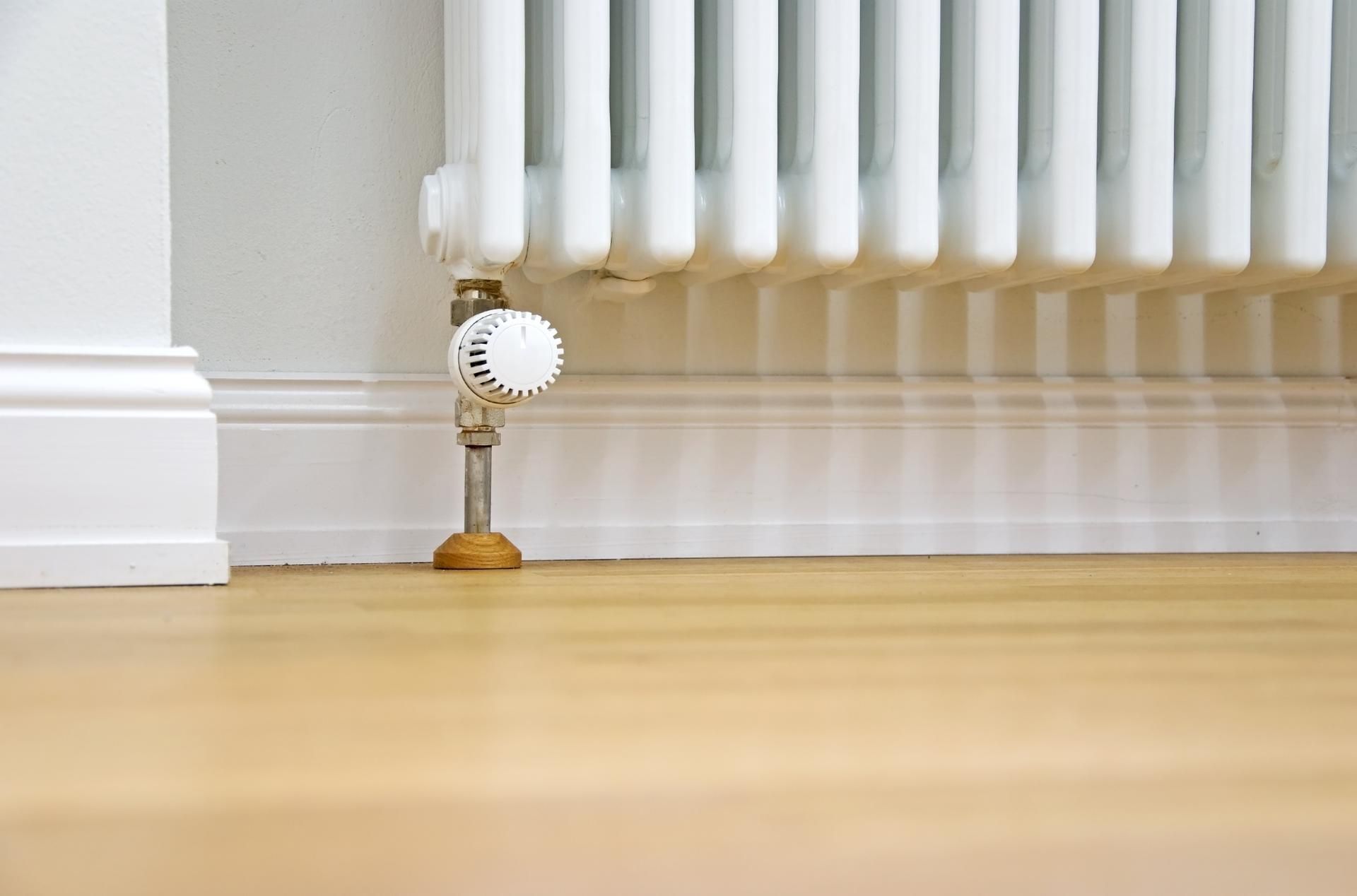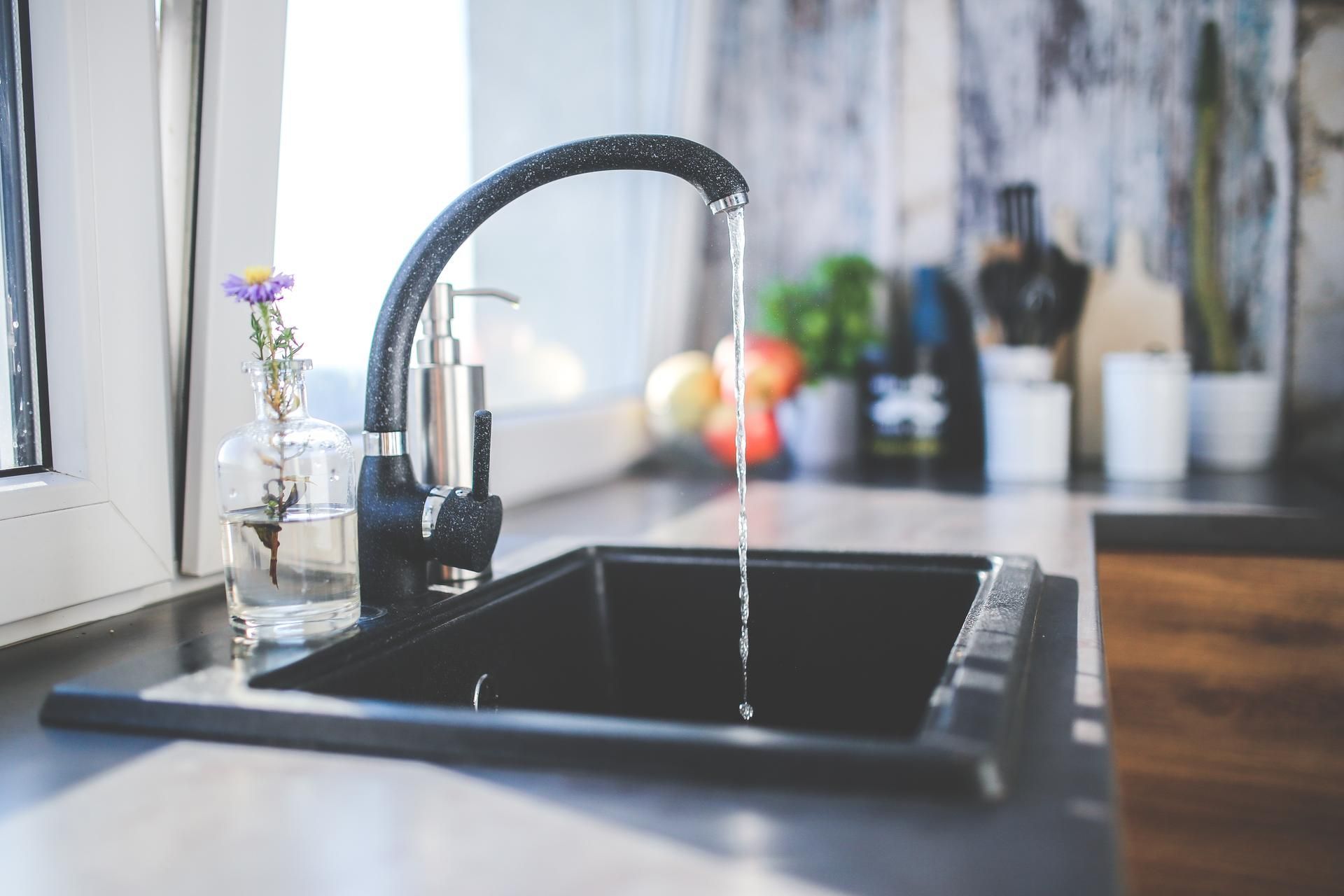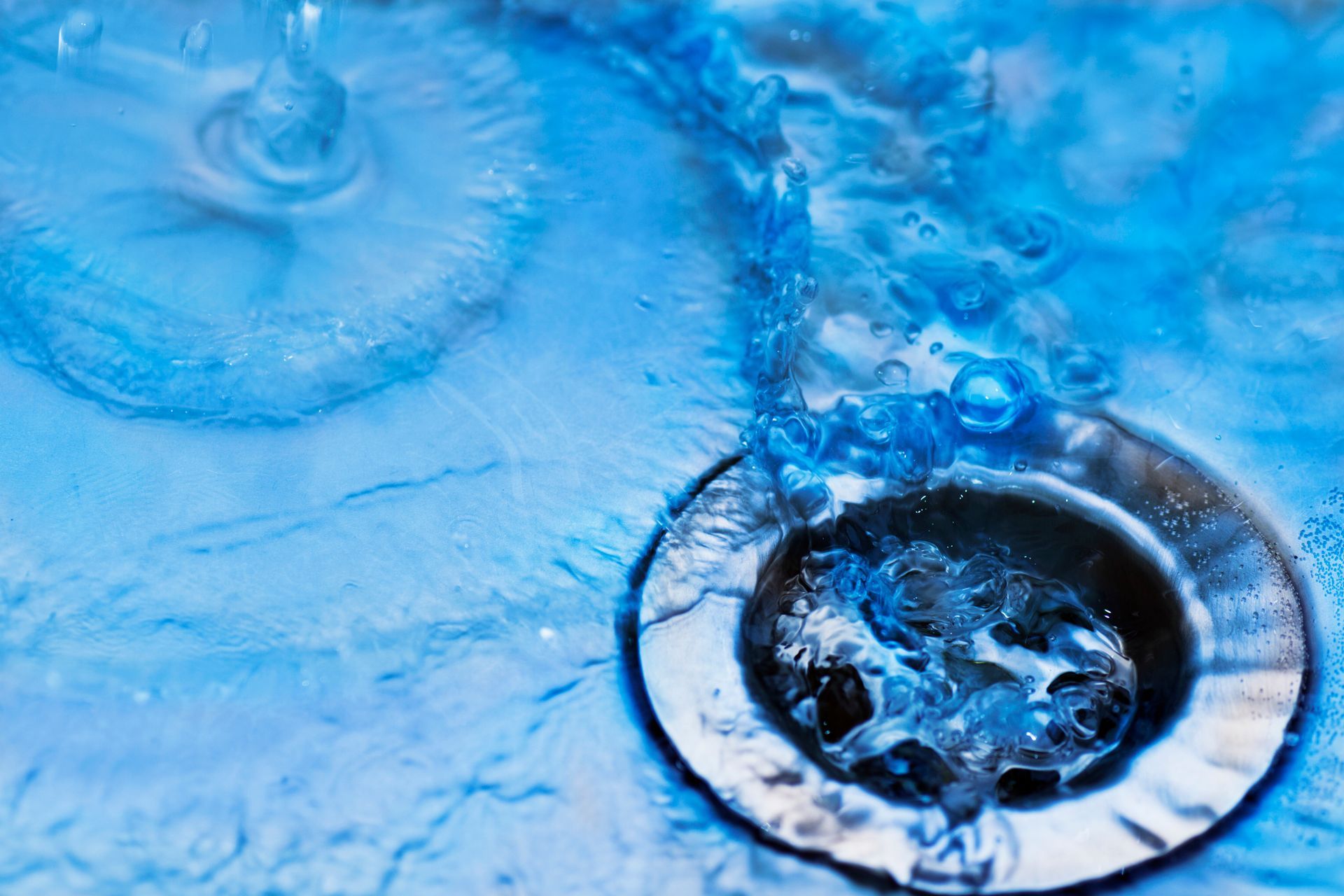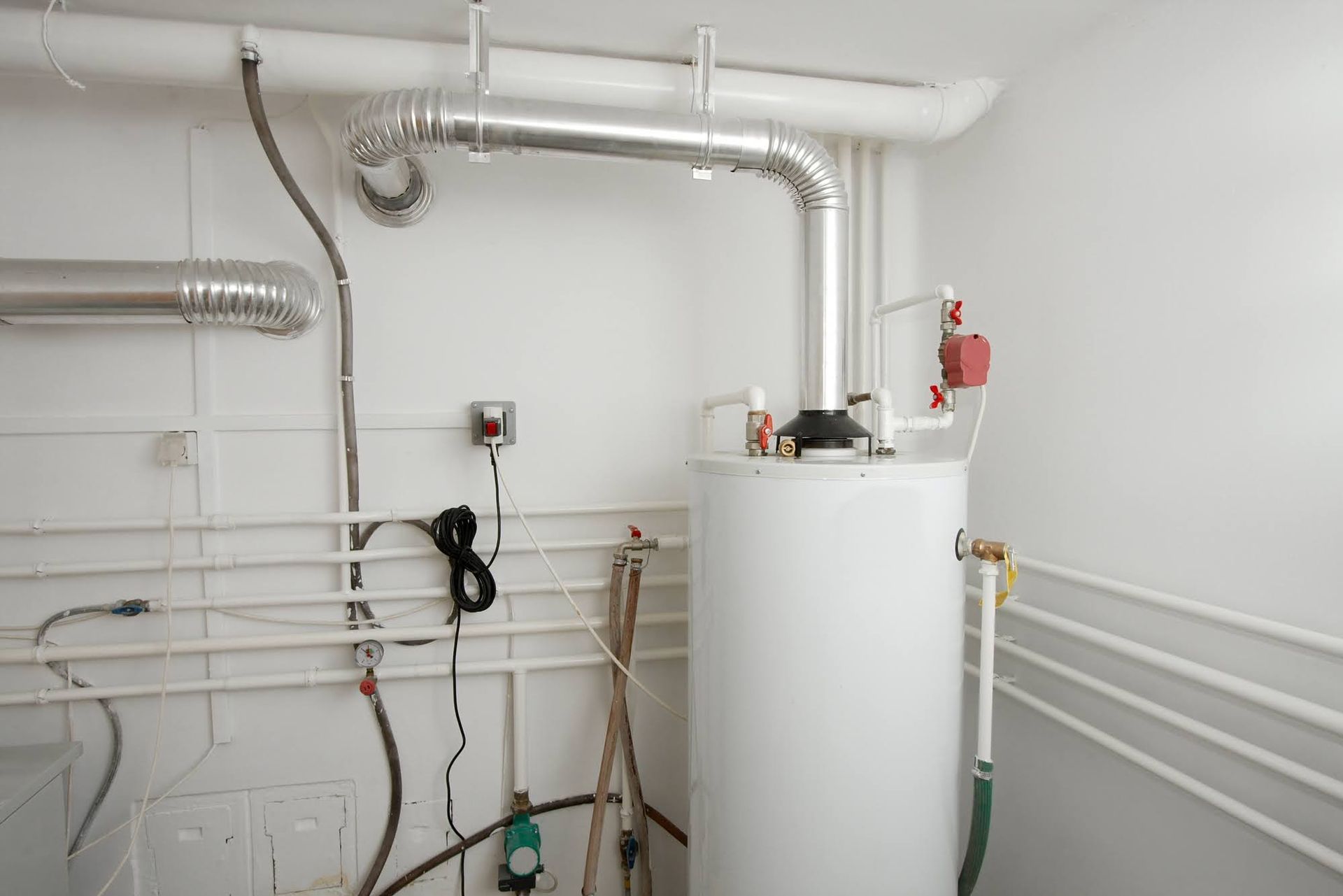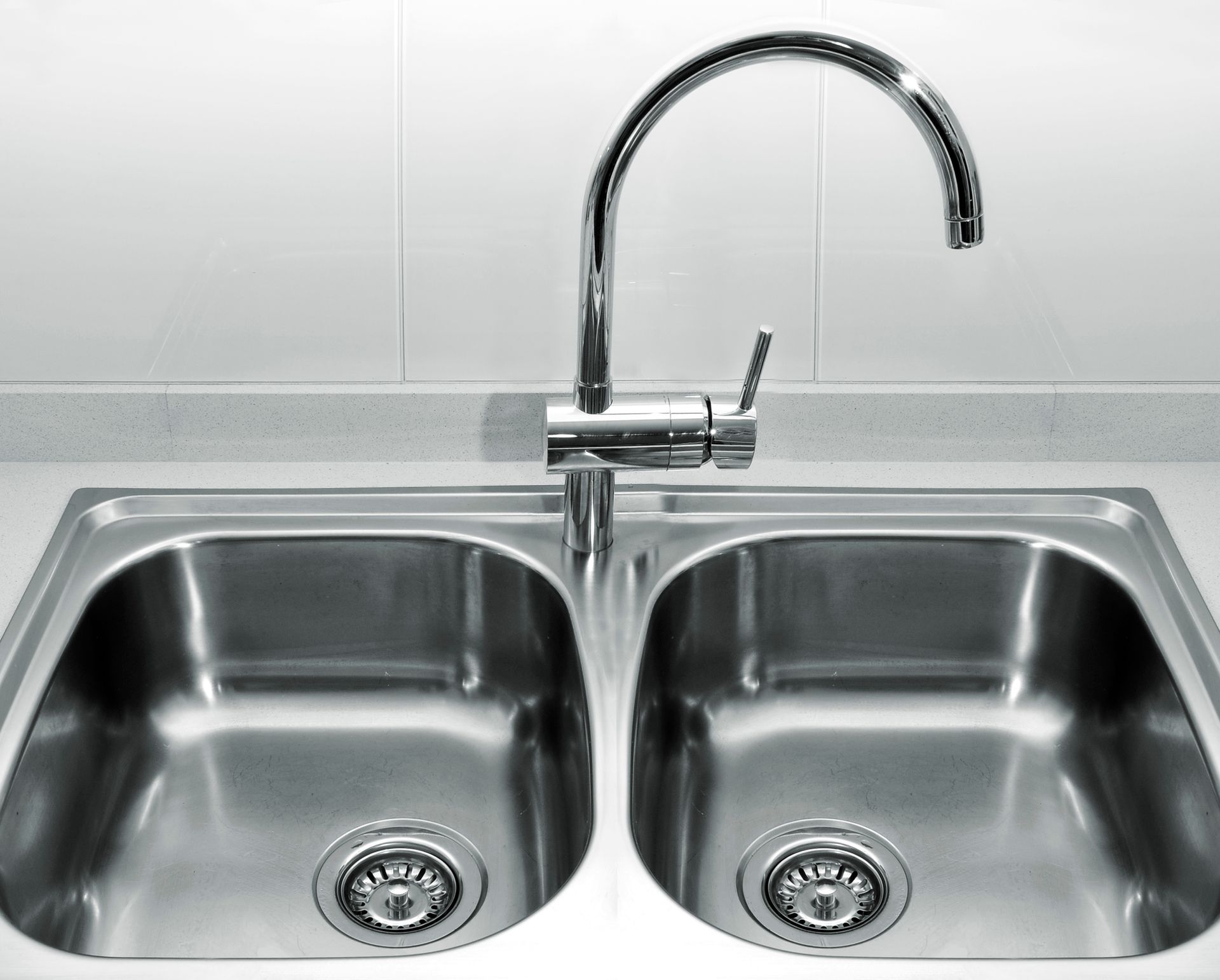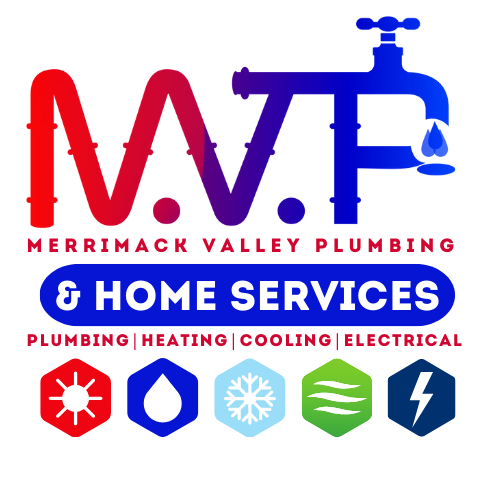Which System Should You Use To Keep Your Home Toasty?
Heating is essential for comfortable and safe living in the Northeast. But what options do you have to heat your Massachusetts home? Many homeowners aren't aware of their choices nor of the pros and cons of each. To help you get started choosing the right heating system, use this short guide to understand four popular home heating methods.
1. Furnaces
The majority of American homes in most regions are heated through a furnace and forced air system. The furnace itself can be electric, gas-powered, or fueled by oil. It heats up air pulled in from outdoors and pushes it through the home using a system of ducts and vents. Waste heat from the furnace is vented safely outside.
The forced air system emanating from a furnace means you have the most control over how widely and evenly that heat is spread throughout the house. However, renovations change the ductwork setup and sometimes necessitate a different furnace unit. In addition, all that forced air being pushed through the house carries allergens, dust, and debris that need filtering.
2. Boilers
A boiler is the base of a radiant heating system. Unlike forced air systems, radiant systems do not push their heat into rooms. Instead, they heat up elements within it and allow air to naturally warm up by absorbing that heat and raising the temperature of the cooler surrounding air. The boiler itself is water-based, and it may use electricity, gas, or another fuel to heat up that water.
Once heated, the water is sent through pipes to the elements that will be heated up. This is often a radiator, but it can also be an in-floor or baseboard system. After the water has cooled down, it returns to the boiler to begin the journey again.
As with furnaces, you control how heat is distributed throughout the house. This often means good temperature control and even heating. However, while modern boiler systems are good at preventing water leakage, it can happen. And of course, in the absence of ductwork, you'll need an entirely separate system for cooling.
3. Heat Pumps
A heat pump combines the work of an air conditioner and a heater into one unit. In essence, it uses the same idea to accomplish both tasks but in reverse. That system involves absorbing heat from either the inside air or the outside air and moving it where you want it. This makes heat pumps very efficient, losing little or no waste heat.
That energy efficiency is great for your utility bills. The downside of heat pumps, though, is that they may not work well in extreme temperatures. Your home may need a secondary heating option during harsh Massachusetts winters.
4. Wood Heating
Heating the house with a fire is certainly the oldest method still in use, and it has its advantages. Today's homeowners have a variety of wood heating choices, including cleaner wood pellets that make the job easier. And only fire provides both practical heat and a more enjoyable visceral experience.
However, wood heating systems generally heat very unevenly. They heat from one radiant source, so the effects may not reach everywhere in a large home. They require significant maintenance and must be carefully monitored to ensure fire safety. Many people combine them with a modern backup system.
Which type of heating is right for you? Find out by meeting with Merrimack Valley Plumbing. We'll help you assess your house, your budget, your goals, and your challenges to find the best way to keep your entire family warm and safe this winter. Call today to make an appointment or get answers to your questions.
This site is being monitored by one or more third-party monitoring software(s), and may capture information about your visit that will help us improve the quality of our service. You may opt-out from the data that Identitypxl is collecting on your visit through a universal consumer options page located at https://pixel.identitypxl.com
